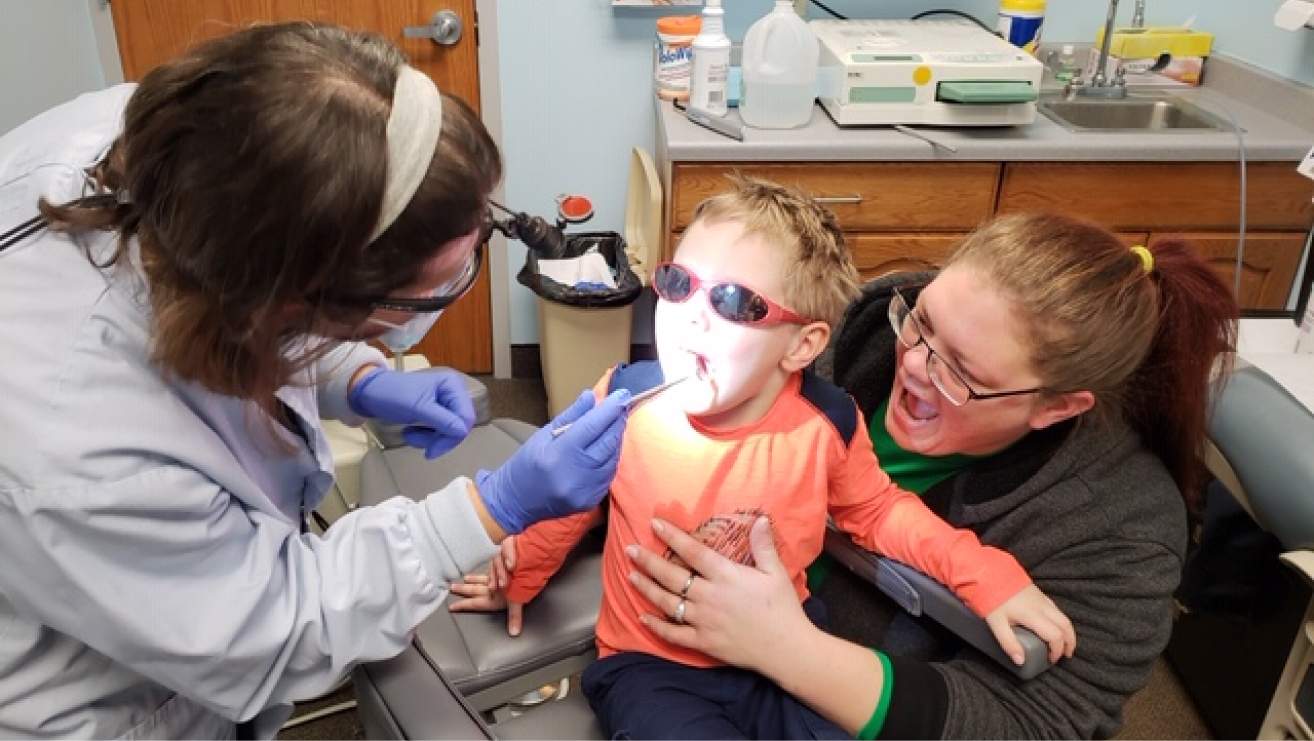Health Access

Health access is more than just having health insurance
Health access also refers to whether or not people have the full range of services and care they need. Even if a person has affordable health insurance, they may still have little or no access to the health care they need. In fact, certain categories of care are often unavailable or limited.
For example, people who get their insurance through an employer, or have Medicaid or Medicare, may have health coverage, but it may not include dental care benefits or services for substance use disorders. If the services are covered, the cost of care may still be too expensive, the services or the provider may not be a good fit, or the location may be inaccessible.
People with low incomes and people who face discrimination based on race, ethnicity, gender identity, or other factors are even less likely to have access to health care.
Where you live matters too. Adults and children who live in rural communities have a much harder time finding providers and care than those who live in urban and suburban areas.

Legislation and other critical policy change is needed to expand access to insurance and to all needed services and providers in order to prioritize equity in our health system.
This means addressing coverage gaps and barriers to eligibility, expanding the number and types of providers and where they are located, training providers in cultural competency, and reducing costs regardless of insurance status. And these changes must focus on those who have been systemically excluded from coverage, so that everyone can access the services they need to be as healthy as possible.
For decades, Community Catalyst has worked with community partners towards an overarching goal of equitable health, including access to culturally effective, high quality treatment and community services for substance use disorders and oral health care.
Related Issues
Oral Health
Oral HealthSubstance Use Disorders
Substance Use Disorders